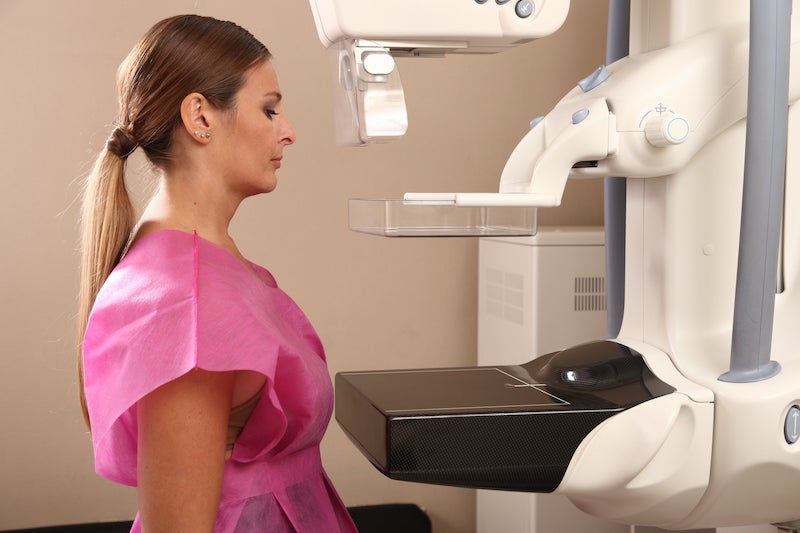Predicting future health outcomes for patients at an individual level will allow physicians to deliver care more quickly to those who need it most while preventing future harms and improving outcomes. Artificial intelligence (AI) is transforming the medical device space with its powerful ability to learn and predict trends and patterns. In a new study published in the journal Radiology, Dr Dembrower and colleagues trained a sophisticated type of AI, called a deep neural network, to predict which women are at future risk of breast cancer.
Breast cancer is the most frequent cancer in women and is the leading cause of female cancer-related deaths worldwide. In 2018, approximately 18 million new breast cases were reported globally. Breast screening aims to find breast cancer early using an X-ray test called a mammogram that can spot cancer when it’s too small to see or feel. Early detection of breast cancer significantly improves the chances of surviving it.
Screening for breast cancer is recommended by the American Cancer Society every year for women over the age of 45, and every two years after the age of 55. Yet, this ‘one size fits all’ approach is not optimized for cancer detection for women who are at higher risk. Risk prediction is a crucial building block towards developing individually adapted screening. Mammogram images are rich with information, such as breast density; high breast density, or a greater amount of glandular and connective tissue compared to fat, is considered a risk factor for breast cancer. Leveraging all of the information contained within an image is a complex task and one that has been the focus of many research groups.
This study takes full advantage of all the rich information found in mammograms, which has the potential to identify women at higher risk and who would benefit from additional screening, such as with MRI. In the study, the deep neural network was developed and trained on over two million mammograms—an unprecedented size for an image data set. This deep neural network showed a higher risk association for breast cancer compared to the current best mammographic density model and did not display the same bias as the density-based model.
Currently, mammographic density is not reported, and the introduction of an individually adapted screening using a deep neural network, such as the one developed by Dr Dembrower and colleagues has, the potential to predict cancer. GlobalData anticipates a future for the role of AI in breast cancer risk assessment, which has the potential to expand the number of women who get diagnosed and to diagnose them sooner.

US Tariffs are shifting - will you react or anticipate?
Don’t let policy changes catch you off guard. Stay proactive with real-time data and expert analysis.
By GlobalData




